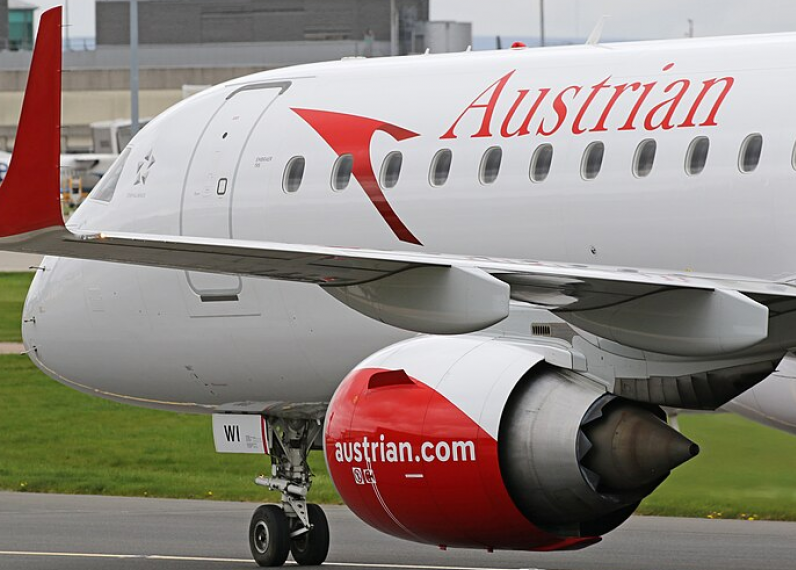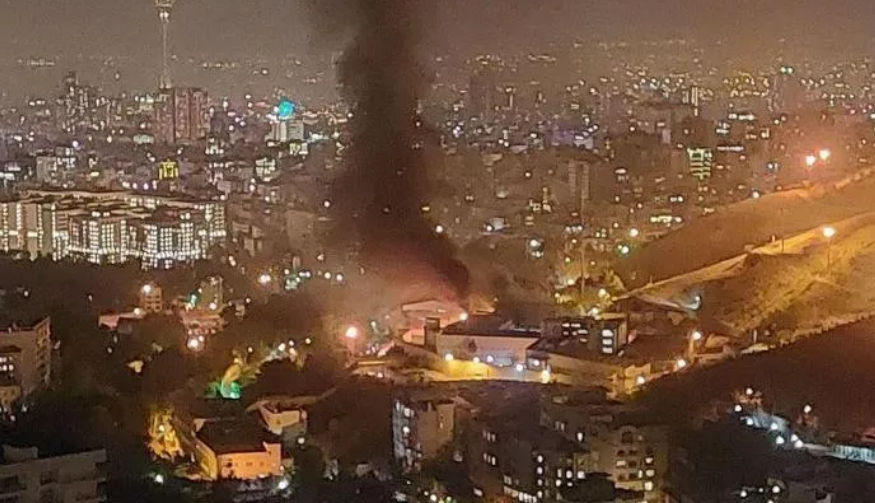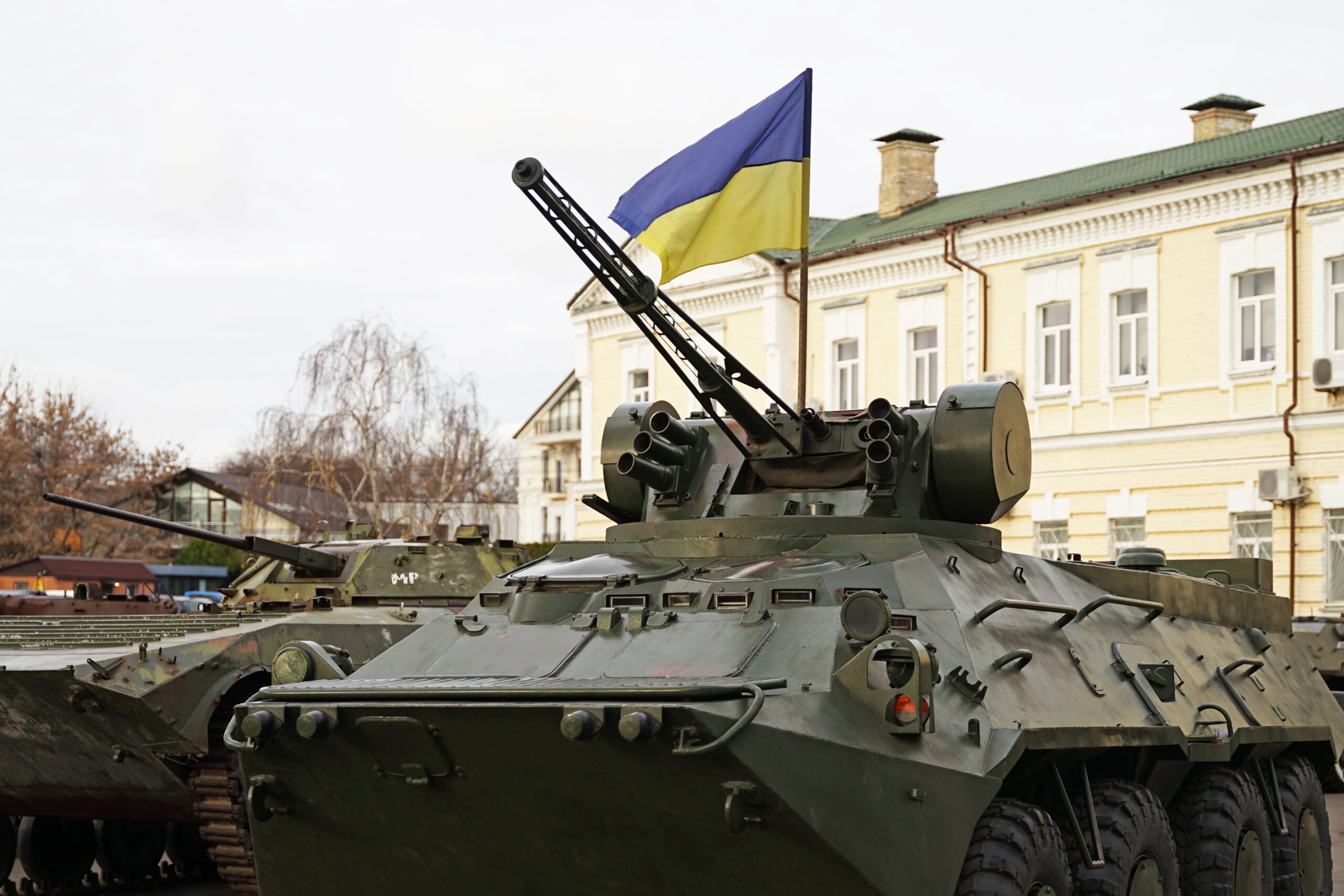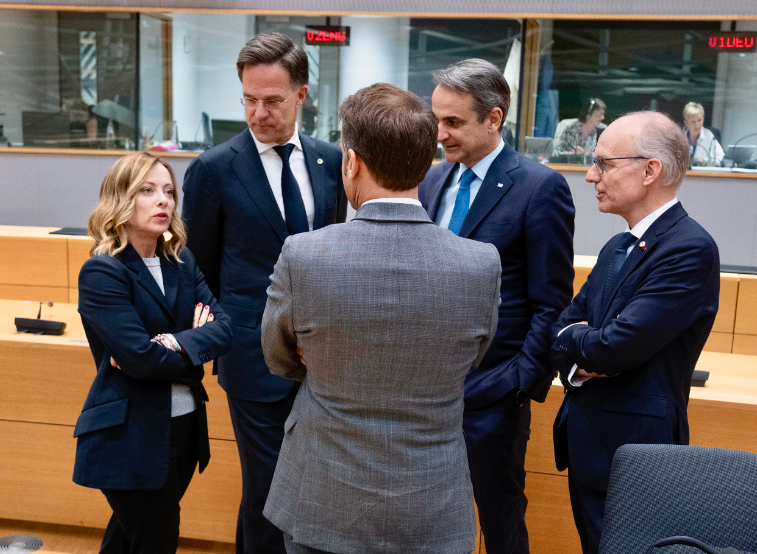[ad_1]
FLORENCECOURT, Northern Ireland (Reuters) – Northern Irish sheep farmers like John Sheridan collectively transport more than 1,000 lambs a day over the Irish border for slaughter and shipment to shoppers across the European Union. At the moment, the process is seamless.
But Sheridan sees a threat to his life’s work, his family’s future and even the settlement that ended years of violence in British-ruled Northern Ireland should checkpoints reappear after Brexit on the “invisible” frontier with the Irish Republic.
“It’s crazy, crazy stuff. It absolutely cannot happen here. There cannot be a border – and that’s before even talking about the peace,” said Sheridan, a 56-year-old Protestant brought up in the pro-British unionist tradition.
Almost 18 months after Britain voted to leave the EU, the future of the only UK land frontier with the bloc after Brexit – and its role in sustaining about 20 years of fragile peace in Northern Ireland – is a major hurdle in the divorce talks.
Armed with a power of veto, the Irish government says the negotiations cannot progress unless Britain agrees to keep customs regulations the same north and south. This, Dublin says, is the only way of avoiding a damaging return to border controls.
Only road signs mark the frontier between the two member states of the EU’s single market, within which goods and people move freely. Trucks like those carrying Sheridan’s lambs rumble past the remains of disused checkpoints, built by the British army during three decades of political and sectarian violence that was settled by the 1998 peace deal.
For Sheridan, any change after Brexit in March 2019 to this smooth, tariff-free movement of livestock and common standards in both jurisdictions could spell ruin for the business he is in the process of passing on to his three children.
“If there’s a hard border, we’ll be pulling out. It will become a wasteland here,” said Sheridan, whose farm near the County Fermanagh village of Florencecourt lies only 3 km (2 miles) from the border.
Sheridan, who belongs to a campaign group called “Border Communities against Brexit”, has a warning for any politicians who upset the status quo. “Do you think I‘m going to let them ruin my business that took blood, sweat and tears to build, and ruin my family’s future in our country that we want to live in? Do you think anybody’s going to put up with that?”
The economy of Ireland, north and south, has become deeply integrated since the single market’s creation in 1993. This, along with peace, has transformed previously neglected border areas such as rural County Fermanagh which depends largely on tourism and agriculture.
According to the Ulster Farmers’ Union, 40 percent of all Northern Irish lambs are processed in the republic. A quarter of milk output also moves south, the Dairy UK trade body says, and around 60 percent of Northern Ireland’s processing capacity is owned by dairy co-operatives from the republic.
If common standards cease in areas such as labelling and product traceability, business north and south “will grind to a halt”, Mike Johnston, Dairy UK’s Northern Ireland Director, told a UK parliamentary committee earlier this year.
“BREXIT MEANS BREXIT”
The dismantling of military border posts was a vital aspect of the peace deal between Catholic nationalists seeking a united Ireland and Protestant unionists who wanted to keep Northern Ireland British. Over 3,600 died in the conflict.
Already the province’s government is suspended due to a row between the Democratic Unionist Party (DUP) and the nationalist Sinn Fein, which vehemently opposes a hard border. The parties have shared power under the 1998 settlement, and any rupture over the issue risks seriously upsetting the peace process.
Britain says it will not contemplate the return of a hard border but a committee of UK lawmakers has found that this is inconsistent with its plans to leave the EU’s single market and customs union.
Room for any special arrangements for Northern Ireland is further limited as the minority Conservative government relies on the pro-Brexit DUP to prop it up in Westminster.
The DUP has said it will not support any deal that makes the province operate under different rules from the rest of the UK or creates trade barriers between it and its biggest market.
North-South trade has doubled since 1995, but the British economy is 14 times larger than the Irish Republic‘s. The Northern Ireland food and drink sector, for instance, relies on Britain for 73 percent of its sales.
Despite Sheridan’s misgivings, many of his fellow Protestants stand squarely behind the DUP. At the party’s annual conference last month, supporters waving Union Jack flags belted out a rousing rendition of “God Save The Queen”.
“Brexit means Brexit, so we are going out,” William Gibson, a north Belfast businessman, said at the conference. “We are an integral part of the UK and it is most important that we are treated the same way as the rest of the UK.”
The DUP was the only Northern Irish party to campaign for Brexit in last year’s referendum, when 56 percent of voters in the province went against the national trend by opting to remain in the EU.
Many of the 10 DUP lawmakers who hold the balance of power in London suspect Dublin’s motives. They fear its proposals will boost the case for uniting the two sides of the border, as ultimately sought by their nationalist rivals.
Irish Foreign Minister Simon Coveney assured unionists on Friday that his government was only trying to maintain the status quo, “and nothing else”.
A DELICATE SOLUTION
The DUP, which also wants to maintain a soft border but has not spelled out how, has hinted it may withdraw its support for the government if Prime Minister Theresa May gives too much away.
A delicate solution is therefore needed if EU leaders are to agree at a summit on Dec. 14-15 – one described by Dublin as having historic significance for the island – that sufficient progress has been made to move the Brexit talks onto a trade deal, as London wants.
This can be achieved, a report prepared by Belfast’s Queen’s University for the European Parliament found this week, but it added: “This process is entirely dependent not on technical solutions but on political will.”
Sheridan will be watching closely from his farm in the Fermanagh constituency of DUP leader Arlene Foster. Dublin, he says, must hold a firm line. “There can be no turning back the clock.”
Padraic Halpin reported for this item from Dublin; additional reporting from Ian Graham in Belfast; editing by David Stamp
[ad_2]
Source link







Leave a Reply